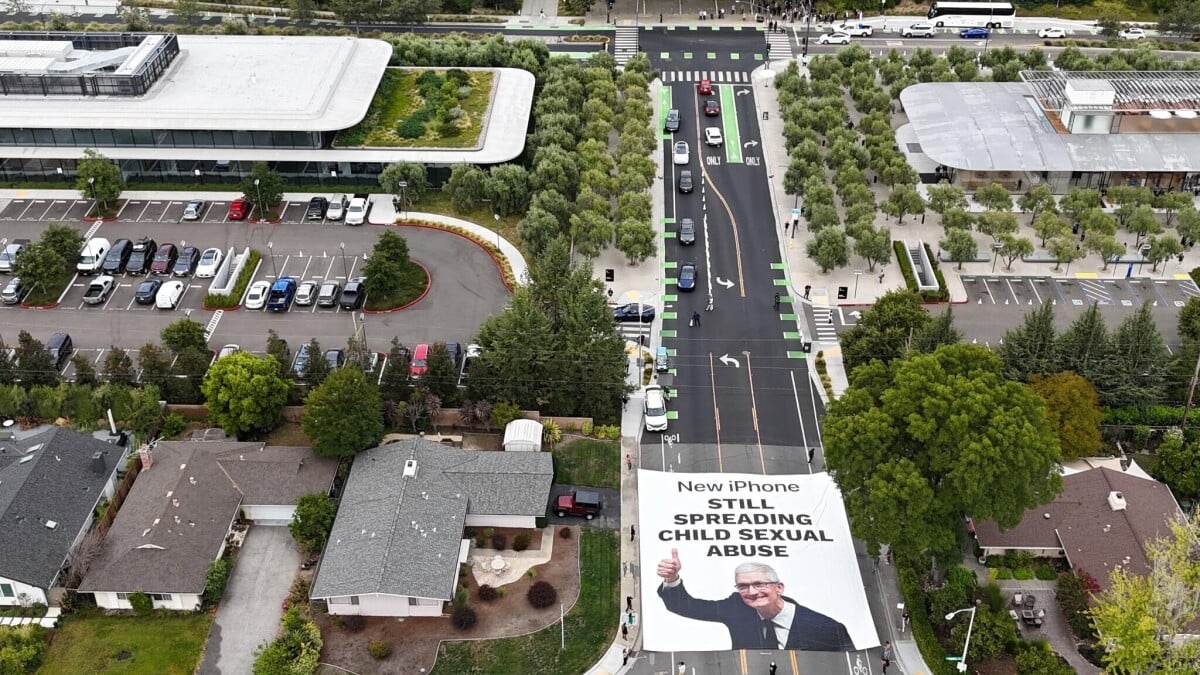By Tass
Copyright tass

NEW DELHI, September 9. /TASS/. Cases of looting have been reported in Kathmandu, the capital of Nepal, amid ongoing riots, the Khabarhub portal said.
The Rastriya Banijya Bank branch in the business district of Kathmandu – Baneshvor – reported a robbery. According to one employee, the people involved in the raid were not related to the Gen-Z youth protest movement. Authorities and residents alike are concerned by the incident, as more unlawful acts like this could worsen the already unstable situation.
Riots continue in Kathmandu and other cities of Nepal for a second day after anti-government protests. The country’s prime minister Sharma Oli has resigned. The protesters set fire to a number of government buildings, including parliament, the Supreme Court, and the Prosecutor’s Office. Attacks on the homes of politicians and officials were reported, with the wife of former Prime Minister Jhana Nath Khanala killed in one of them.
On September 4, the government restricted the operation of some messengers and social networks that it said did not register with the Ministry of Communications and Information Technology of the country on time.
On September 8, thousands rallied in Kathmandu and several other major cities of Nepal to oppose the government’s measures. The main participants in the protests were students and Gen-Z activists. An indefinite curfew was imposed in the capital. More than 20 people were killed and more than 500 injured during clashes between demonstrators and police.
On September 9, the authorities lifted the ban.
Although the protests were not led by anyone in particular, chairman of the youth non-profit organization Hami Nepal (We are for Nepal) Sudan Gurung became their face. This organization advocates for the active participation of young people in the transformation of society, against censorship on the Internet and corruption.
Nepal is a small Himalayan country in south Asia with a population of about 30 million people. The country’s economy, which largely depends on agriculture, tourism, and remittances from citizens working abroad, is developing slowly. The country is facing a shortage of jobs and depends on India and China for trade. The country often suffers from natural disasters such as earthquakes and floods.



